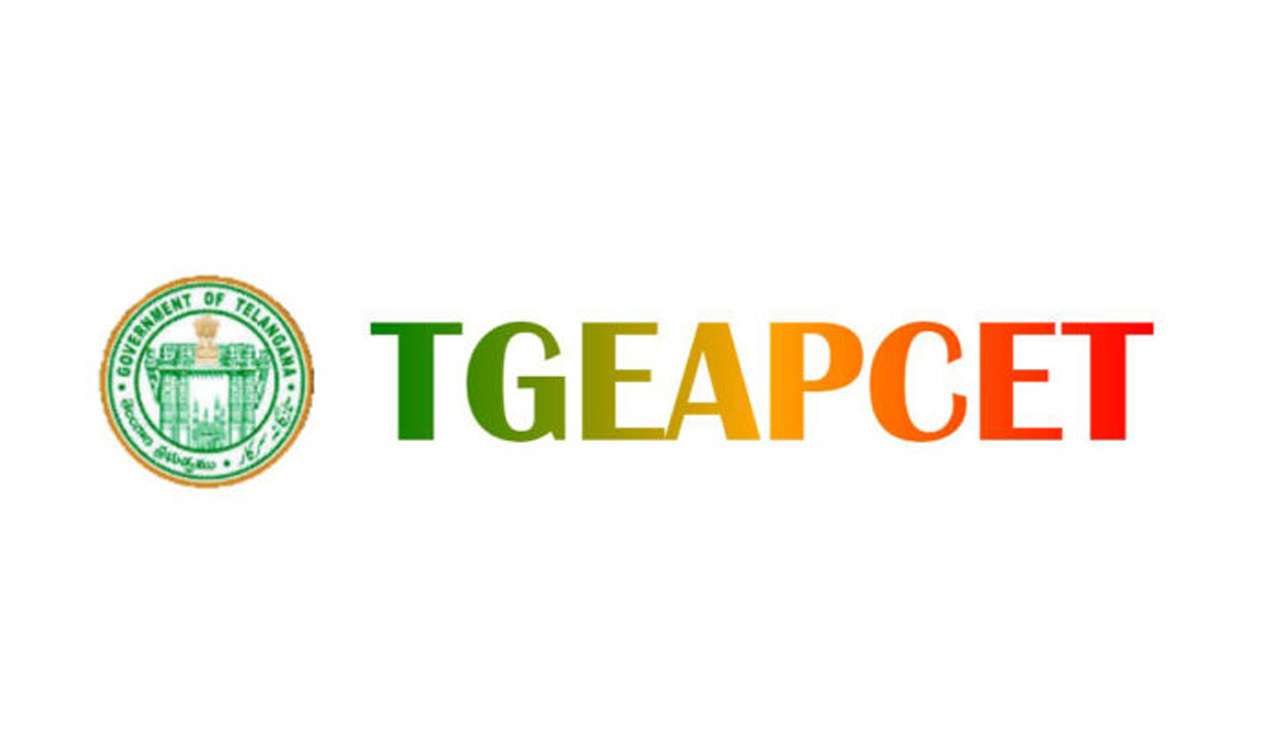Upskilling to Lead: A 2025 guide for international students in the U.S. universities
This transformation isn't just about academic content—it’s about intent. Education today is driven by purpose, adaptability, and real-world impact. For international students, this isn’t a challenge to overcome—it’s a unique opportunity to rise, evolve, and lead

As international students step into American universities in 2025, they’re not just entering classrooms—they’re entering a world in flux. The traditional contours of higher education have shifted. Degrees are no longer the final destination; they’re now just one component in a much larger, more fluid ecosystem where skill development defines your value and trajectory.
This transformation isn’t just about academic content—it’s about intent. Education today is driven by purpose, adaptability, and real-world impact. For international students, this isn’t a challenge to overcome—it’s a unique opportunity to rise, evolve, and lead.
The Skills-First Mindset: Why It Matters Now More Than Ever
While academic excellence still opens doors, it’s the depth and diversity of your skillset that gets you invited into the room—and keeps you there. Employers no longer prioritize what you studied as much as how you apply what you know. They’re looking for people who can learn fast, think critically, solve complex problems, and communicate across cultures and platforms.
This is where the shift from being only a specialist to becoming a skill-rich contributor begins. American universities are responding to this shift in real time. Microcredentials, industry certifications, digital badges, and short-term workshops are now part of the standard academic offering. Students can earn credentials in AI tools, UX design, leadership, data analysis, and sustainability—often alongside their core degree.
AI and Personalization: Tailoring the Way You Learn
Technology is now an active partner in your education. With artificial intelligence driving adaptive learning platforms, students can experience personalized academic journeys that adjust to their pace, strengths, and learning styles.
AI tutors, real-time feedback loops, and immersive simulations are no longer futuristic—they’re standard. This innovation supports both ends of the academic spectrum. For students diving deep into technical subjects, AI accelerates mastery. For those exploring multiple interests, it helps integrate insights across domains.
One of the most underrated advantages of AI in education is its support for mental wellness. Many U.S. institutions now integrate emotional intelligence training, mindfulness modules, and resilience-building exercises into their core curriculum.
Purpose-Driven Learning: The Bigger Picture
Beyond employability, students today want their education to mean something. American universities are stepping up with programs that go beyond theory and into the real world. Curricula now embed sustainability, equity, innovation, and global responsibility at their core.
Capstone projects today look very different from those five years ago. Students work on real-time challenges—from designing climate action policies to building inclusive tech platforms.
Flexibility: Building Your Own Academic Journey
Perhaps the most liberating change in 2025 is how customizable higher education has become. Rigid, one-size-fits-all degree tracks are giving way to flexible learning models. You can now build a hybrid education that works for you—not just in content, but in timing and delivery.
Three-year degrees, online components, self-paced modules, and industry-partnered internships are redefining the college experience. You can take a break to work, travel, or pursue a side project—and return without losing momentum. You can explore different disciplines before choosing your major, or pursue dual credentials without extending your stay.
Five Strategic Ways to Upskill in 2025
* Build Technological Fluency Start small if needed—but start now. Tools like Python, Figma, Canva, Excel, or ChatGPT are cross-disciplinary. No matter your field, digital literacy will enhance your profile.
* Sharpen Interpersonal and Leadership Skills Soft skills like collaboration, empathy, conflict resolution, and public speaking are universally valuable.
* Think Across Disciplines The job market favors those who make connections others don’t. An economics major with UX skills or a psychology student fluent in statistics is far more marketable than someone with a narrow focus.
* Invest in Emotional Resilience Use wellness resources available on campus—therapy, group sessions, or mindfulness courses.
* Stay Globally Engaged Don’t isolate your international identity—amplify it. Join global forums, contribute to cross-cultural initiatives, or collaborate on international case studies. Your perspective is not just valid—it’s vital.
The Final Word: You’re Not Just Learning—You’re Designing the Future
In 2025, international students are not merely adjusting to a new academic culture—they are co-architects of a new global learning era. Your path doesn’t have to follow old templates. Upskilling isn’t just your ticket to success. It’s your superpower. Use it boldly.
EducationUSA is the U.S. Department of State’s official resource for accurate, free, and up-to-date information about studying in the United States. Students can download the EducationUSA India app, available for free on iOS and Android devices, for the latest information about the college application process.
Related News
-
Odisha government reviews protection of Lord Jagannath temple lands
4 hours ago -
Iran holds military drills with Russia as US carrier moves closer
4 hours ago -
This is taxpayers’ money: Supreme Court raps freebies culture
5 hours ago -
Hyderabad: Residents oppose Gandhi Sarovar Project over ‘forcible’ land acquisition
5 hours ago -
Australia level series as Indian women slide to 19-run defeat in second T20I
5 hours ago -
Karnataka beat Uttarakhand in semis, to face Jammu and Kashmir in Ranji final
5 hours ago -
Five Osmania varsity players in South Zone squad for Vizzy Trophy
5 hours ago -
Disciplined West Indies bundle out Italy with ease, tops Group C in T20 WC
5 hours ago




